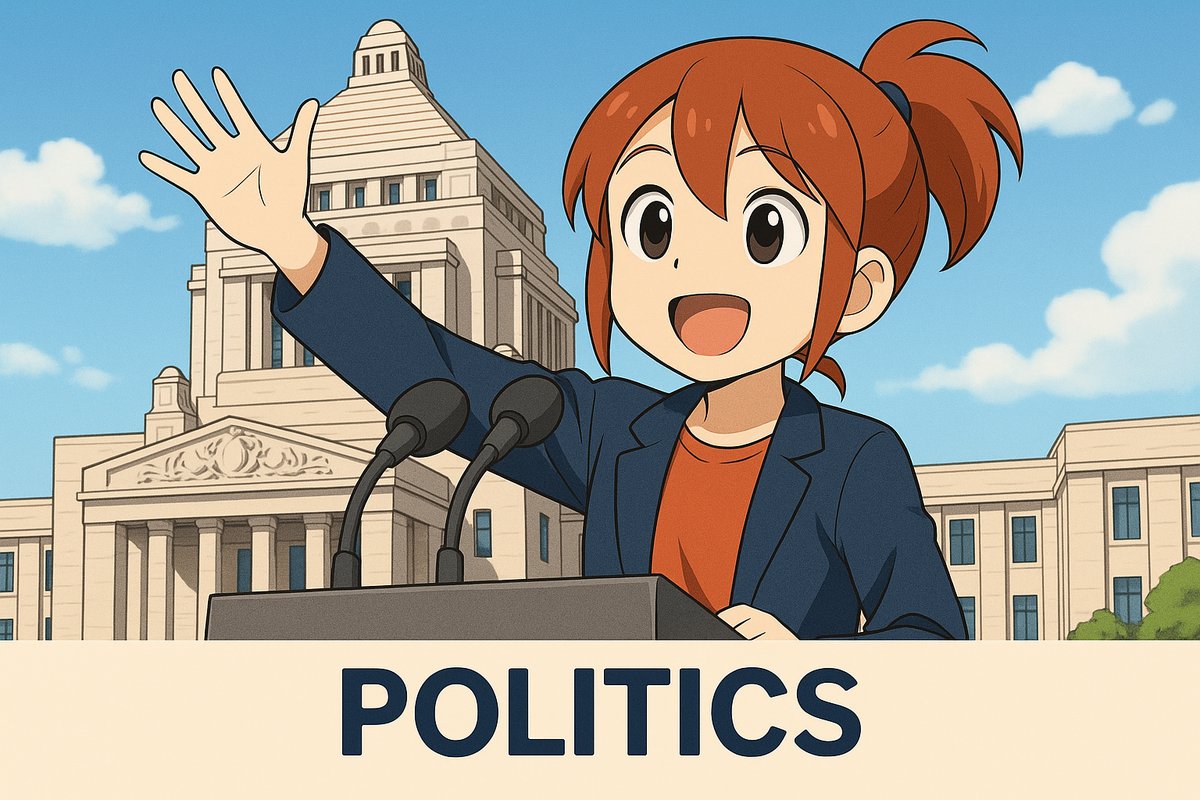📰 ニュースまとめ
日本維新の会は、自民党との連立政権樹立に際し、閣僚を送り込まない「閣外協力」の方針を発表しました。
この方針は、国会運営において協力することを意味し、首相指名選挙や内閣不信任決議案への対応を含みます。このような閣外協力は、平成9年の第2次橋本龍太郎改造内閣以来の事例となります。また、維新からは遠藤国対委員長の首相補佐官起用案も検討されています。
💬 チャコたちの会話に耳をすませてみると…
ログ:
最近の政治の動き、維新が閣外協力を選んだ理由って何だと思う?
チャコ:
えー、なんで会議ばっかりで決まらないの?
ログ:
それは、自民党との協力関係を築く上で、閣僚を出さないという戦略があるからだな。やっぱり、過去の事例を参考にしているんだ。
ナヴィ:
過去には社民党や新党さきがけが同様の形で協力していたことがあるため、維新の方針は歴史的な背景も考慮されていると考えられます。
チャコ:
なるほど!じゃあ、どういう風に協力するの?
ログ:
主に国会の運営をサポートする形だな。例えば、首相指名選挙や内閣不信任決議案への対応が含まれるんだ。
ナヴィ:
このように、閣外協力は具体的な政策決定には関与しないが、政治的な安定に寄与する可能性があります。
📝 管理人のひとこと
維新の「閣外協力」方針は、政治の透明性や安定性を求める現代において非常に重要な意味を持つと思います。特に、閣僚を出さないというスタンスは、以前の連立政権とは異なるアプローチであり、政治の流動性を示しているように感じます。また、ログの説明にあったように、過去の事例を参考にしながら新たな形を模索する姿勢は、未来の政治にとっても重要な視点だと思います。これからの動向に注目したいです。
この記事をシェアする:
🇬🇧 英語版を見る
Summary
The Japan Innovation Party has announced its policy of “extracurricular cooperation,” meaning they will not send ministers to the coalition government with the Liberal Democratic Party.
This policy indicates their intention to cooperate in the operation of the Diet, including responses to the prime minister’s election and votes of no confidence against the cabinet. This type of extracurricular cooperation has not been seen since the second Hashimoto Ryutaro cabinet in 1997. Additionally, there are discussions about appointing Endo, the head of the party’s Diet Affairs Committee, as a special advisor to the prime minister.
Dialogue
This dialogue is fictional and based on the article.
Log: What do you think is the reason for the recent political moves, especially why the Ishin party chose to cooperate from outside the cabinet?
Chako: Hmm, why is it that they just keep having meetings without reaching a decision?
Log: That’s because they have a strategy not to put forth any ministers in order to build a cooperative relationship with the Liberal Democratic Party. They’re definitely drawing on past examples for this.
Navi: In the past, the Social Democratic Party and the New Party Sakigake had cooperated in a similar manner, so it’s believed that Ishin’s approach takes historical context into account.
Chako: I see! So how exactly will they cooperate?
Log: Mainly, it will be in the form of supporting the operation of the Diet. For example, it includes responding to the prime ministerial election and votes of no confidence against the cabinet.
Navi: In this way, while cooperating from outside the cabinet doesn’t involve specific policy decisions, it has the potential to contribute to political stability.
Admin’s Note
I believe that the “non-cabinet cooperation” policy of the Ishin Party holds significant importance in today’s demand for political transparency and stability. In particular, their stance of not providing ministers represents a different approach compared to previous coalition governments and seems to indicate a fluidity in politics. Furthermore, as mentioned in the log, their willingness to explore new forms while referencing past examples is an important perspective for the future of politics. I look forward to watching how this develops.



コメント